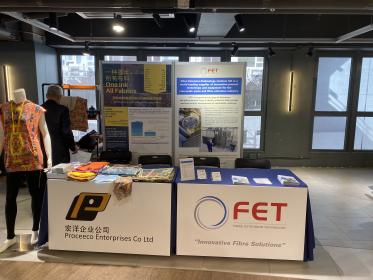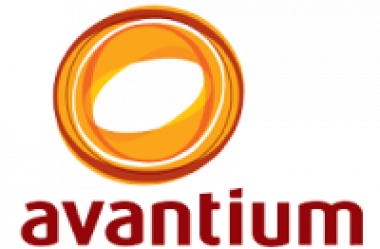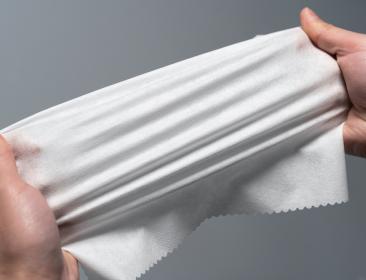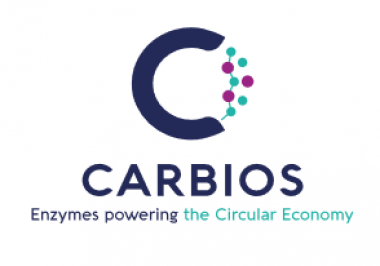FET supports Green Textile Exhibition in Hong Kong
Fibre Extrusion Technology Ltd (FET) of Leeds, UK participated in the “Green Textile and Innovation Technology Forum and Exhibition” in Hong Kong, taking a small booth to support the event and FET’s official agent in the region, Chemtax. This was the first in a series of international exhibitions that FET will be attending in 2023.
The interactive exhibition was organised by the Hong Kong General Chambers of Textiles, with over 20 industrial experts and 300 guests in discussion forums and meetings. The major themes explored were sustainable solutions, new technologies and future trends in green textiles. The region is committed to improved sustainability in textiles, with China in particular setting ambitious targets for high performance fibre self-sufficiency, developments in biodegradable material and increased production capacity in recycled fibre.
This fits perfectly with FET’s ethos, having long been a leading exponent of sustainability in fibre technology. The FET range of laboratory and pilot Melt Spinning extrusion lines is suited for both process and end product development of sustainable materials, enabling customers to undertake process development in-house. All FET systems are designed to be material efficient, can be bespoke designed and offer both flexibility and a high level of processing capability.
Fibre Extrusion Technology Ltd (FET)






























